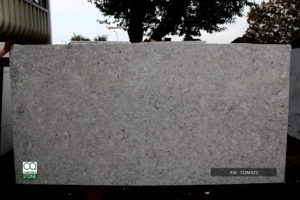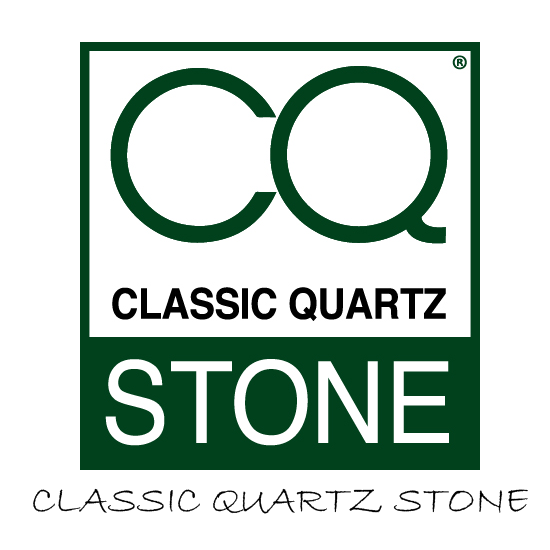Is Quartz Cheaper than Granite? 10 Things You Should Know
 Granite and quartz are the two most popular stones for bathroom and kitchen worktops. While one is natural, the other is manufactured stone. This fact has a great impact on all other characteristics of both materials. Before we compare the formal price of both stones, we need to look deeper into the characteristics of both materials to see whether they are worth the price tag or not. Continue reading and find everything about these two materials and their pricing.
Granite and quartz are the two most popular stones for bathroom and kitchen worktops. While one is natural, the other is manufactured stone. This fact has a great impact on all other characteristics of both materials. Before we compare the formal price of both stones, we need to look deeper into the characteristics of both materials to see whether they are worth the price tag or not. Continue reading and find everything about these two materials and their pricing.
1. Quartz is a man-made stone
Unlike granite, quartz is a manufactured stone, made from 93% natural quartz and 7% polymers and resins. This makes quartz more resilient to some impacts. Granite, on the other hand, doesn’t have any added materials to it.
2. Resistance to staining
Resins are making quartz countertops non-porous, which means they are highly resistant to staining. Granite is not as resistant to staining as quartz, but it will not get stained easily either.
3. Longevity
Stones are very long-lasting materials that will last you for decades. Neither quartz nor granite has an advantage in this category; they are both excellent.
4. Resistance to scratching
Granite has better resistance to scratching because it doesn’t contain any other materials. Resins are making quartz countertops a bit softer, which is why they are less resistant to scratching. But even then, quartz will not get scratched easily, even with cutting directly on it.
5. Colour options
When quartz is manufactured, pigments are added to it to change its colour or add patterns. Quartz can even look like natural stones, including granite and marble. Quartz has more colour and pattern options from quartz bookmatch and quartz marble effect to leather range. Granite is a beautiful stone, but its colour palette is limited to the colours found in nature. However, you will find some of the most beautiful colours in its range.
6. Maintenance
The cleaning of both is handled with only soap and water. The difference is that quartz doesn’t need sealing, unlike granite. You will need to seal your granite countertops 2-4 times a year.
7. Resistance to heat
Granite has an advantage when it comes to resisting high temperatures. You can even put away a hot pan on it and it will not get damaged. However, you shouldn’t do that with quartz, because resins are unstable at high temperatures.
8. UV stability
Quartz also shouldn’t be used outside because it can discolour when exposed to UV rays. Granite is, on the other hand, stable when exposed to direct sunlight, so it is a better option for outdoor kitchens.
9. Uniqueness
Granite slabs are cut from one block, which ensures an even pattern that is unique and unpredictable. Quartz slabs are man-made and therefore tend to be more uniformed. It depends on your taste which one you like better.
10. Price
Finally, we come to the price difference and whether it is justified. The price for quartz slabs can start from £250* per square meter, while for granite from over £300. Quartz and granite have some similarities, but their disadvantages are different. The disadvantage of quartz is its heat resistance, while granite is resistance to staining. Taking that in note, we can say that both materials are overall great, but quartz gives a bit more bang for your buck.
Having more questions about the comparison between quartz and granite? Please feel free to contact us and we will be happy to help you.
